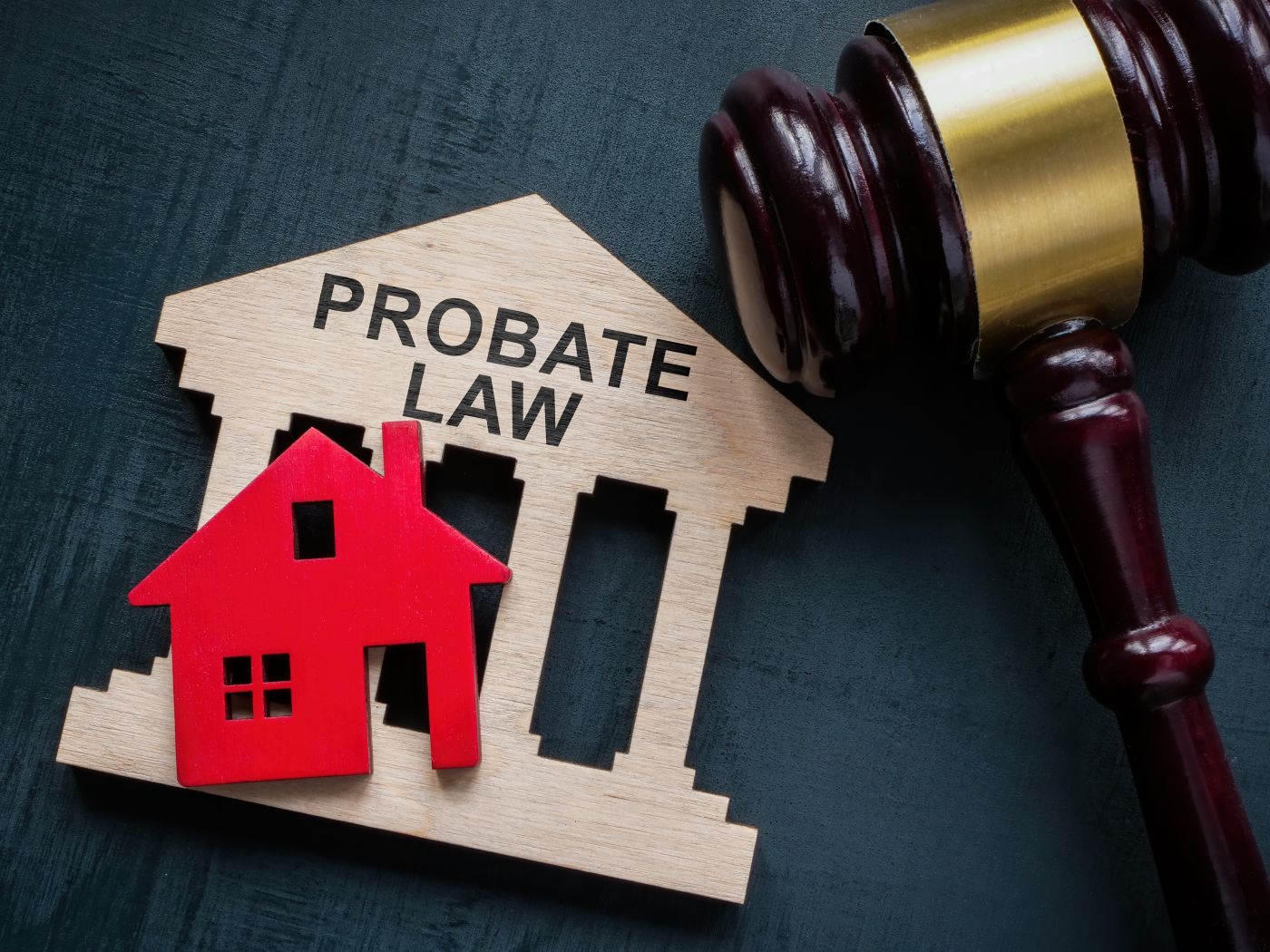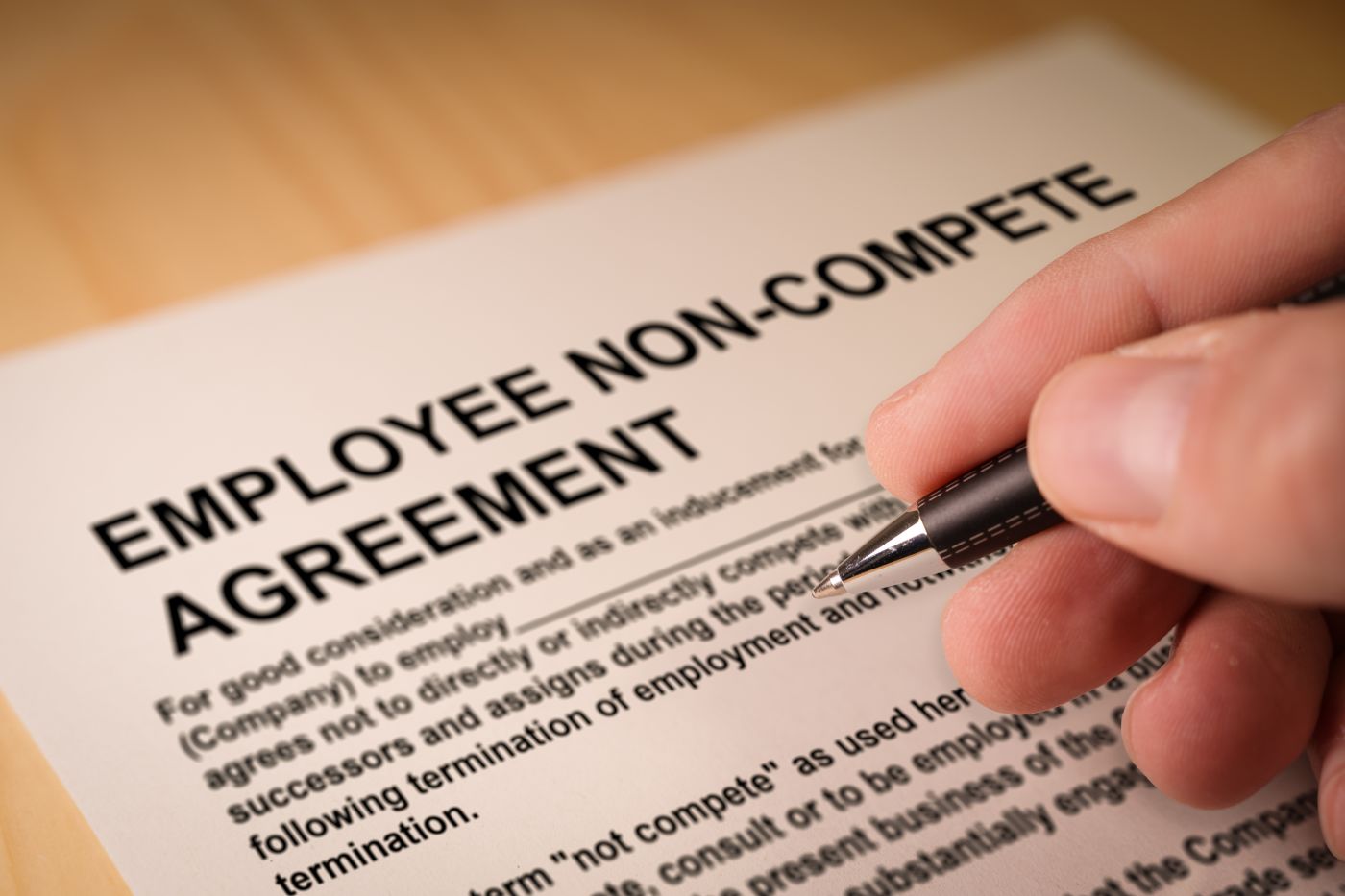
When someone passes away, their estate typically goes through a legal process called probate. In many cases, this process is straightforward. But when disagreements arise — over a will, an executor’s actions, or how assets are being handled — probate litigation may come into play.
Probate litigation isn’t a factor in every estate case, but when it arises, it can have a profound impact. It may extend the length of the probate process, alter the distribution of assets, and even strain family relationships.
If you're involved in probate litigation in the Twin Cities (Minneapolis & Saint Paul) and Greater Minnesota, Amicus Law can help protect your rights and strive to achieve the best possible outcome for your case. Our attorneys are committed to delivering tailored strategies aligned with your goals.
For now, let's explore the probate litigation process in greater detail.
Recognizing When Probate Litigation Might Be Necessary
Probate litigation usually begins when someone with legal standing challenges part of the probate process. These challenges could involve the validity of the will, the appointment of the personal representative (executor), or the handling of estate assets. Knowing the early signs can help you prepare for what lies ahead.
Some common reasons for probate disputes include:
Contesting a will: A party may believe the will was signed under undue influence, fraud, or when the deceased lacked mental capacity.
Executor misconduct: Disagreements can arise if the executor is accused of mismanaging assets, failing to follow the will’s terms, or acting in their own interest.
Ambiguous or missing documents: If multiple wills exist or the language in a will is unclear, disputes may follow.
Beneficiary disagreements: Beneficiaries may argue over asset distribution, valuations, or entitlements.
Claims by omitted heirs: Sometimes, family members left out of a will try to make claims against the estate.
Once a dispute is identified, the next step is filing a legal objection. That’s when formal probate litigation begins.
Filing an Objection in Probate Court
When someone wants to challenge part of the probate process, they must file a formal objection with the probate court. This step officially moves the matter into litigation. The person filing the objection must usually have legal standing — typically an heir, beneficiary, or someone named in a prior will. Here are some of the steps involved in filing an objection:
Review the will or estate documents: Determine whether there are legal grounds for a challenge.
Hire a probate litigation attorney: An attorney can draft and file the court documents.
File a petition or objection: This could be a will contest, motion to remove an executor, or other formal objection.
Serve notice to interested parties: All relevant individuals must be notified about the legal action.
Attend the initial hearing: The court will review the objection and set a timeline for proceedings.
This stage sets the foundation for all that follows in the probate litigation process. Once the court acknowledges the objection, the case moves toward discovery and preparation for trial.
Moving Into the Discovery Phase
After the objection has been filed and accepted by the court, both sides enter discovery. This phase allows parties to collect and exchange information. It’s one of the longest and most involved parts of probate litigation.
Some key elements of the discovery process include:
Interrogatories: Written questions that each side must answer under oath.
Requests for production: Formal requests for documents such as financial records, communications, or previous versions of a will.
Depositions: Sworn, out-of-court testimony from involved parties or witnesses, often including doctors, attorneys, or caretakers.
Expert witnesses: Professionals such as handwriting analysts, forensic accountants, or psychologists may be brought in to testify.
During discovery, the facts of the case are revealed. That can strengthen one side’s argument or lead to a settlement before the matter is trial.
Attempting to Settle the Dispute
Before heading to court, the parties often try to settle the dispute through negotiation or mediation. Settling out of court can save time, money, and emotional energy — especially when family relationships are at stake. Here are some common settlement strategies:
Mediation: A neutral third-party mediator helps the parties reach an agreement.
Informal negotiations: Attorneys for each side may negotiate directly to come to terms.
Family settlement agreements: Legally binding agreements that can resolve disputes without a trial.
Adjusting distributions: Sometimes, beneficiaries agree to different terms than those stated in the will to avoid further conflict.
If settlement efforts fail or one party is unwilling to compromise, the case proceeds to trial.
Going to Trial in Probate Litigation
When a probate dispute can't be resolved out of court, it goes to trial. A probate trial takes place before a judge, not a jury, and both sides present their case through evidence and witness testimony.
Here’s what you should expect during the trial.
Opening statements: Each side outlines its position to the judge.
Presentation of evidence: Documents, emails, and expert opinions are introduced to support each argument.
Witness testimony: Witnesses — such as doctors, family members, or the drafting attorney — testify under oath.
Cross-examination: Each side can question the other’s witnesses.
Closing arguments: Each attorney summarizes the case and asks the judge to rule in their favor.
Judicial decision: The judge reviews all evidence and issues a final ruling, which may include upholding or invalidating a will, removing an executor, or reassigning assets.
The judge's decision is legally binding unless one side chooses to appeal.
Filing an Appeal if Necessary
If a party disagrees with the court’s ruling, they may have the right to appeal. Appeals are not retrials; they're reviews of how the trial court applied the law. The appellate court decides if there were errors that affected the outcome. Some steps involved in an appeal include:
Notice of appeal: This formal notice must be filed within a set timeframe after the judgment.
Prepare the appellate brief: This legal document specifies why the party believes the trial court made an error.
Responding brief: The opposing party submits their argument for why the ruling should stand.
Oral arguments: Sometimes, the appellate court allows each side to argue their case before a panel of judges.
Ruling from the appellate court: The court can affirm the decision, reverse it, or send it back to the lower court for further action.
Appeals can be time-consuming and expensive, and not every case qualifies. It’s usually the final opportunity to change the outcome of a probate dispute.
Wrapping Up the Litigation Process
Once the case concludes — either through settlement, trial, or appeal — the estate can finally move forward. The court’s decision will determine how the estate is administered and how assets are distributed. Any remaining legal matters, such as the appointment of a new executor or asset transfers, are handled under the judge’s orders. Here are the final steps in the process:
Carry out the court’s decision: This may involve redistributing assets or making changes to executorship.
Pay legal fees and costs: Any fees related to the litigation will be paid out of the estate unless the court decides otherwise.
Close the estate: Once everything is resolved, the estate can be formally closed in probate court.
Move forward as a family: While litigation can leave lasting effects, it's possible to rebuild relationships and find closure.
At this stage, the estate is legally settled, and family members can begin to move on, financially and emotionally.
Contact Us Today
Probate litigation can feel overwhelming, but knowing the steps makes it easier to handle the twists and turns that may come up. Amicus Law can help protect your interests and guide you through estate planning and probate litigation with clarity. If you're going through probate litigation or expect to do so, call Amicus Law today to schedule a consultation in the Twin Cities (Minneapolis & Saint Paul) or the Greater Minnesota area.



